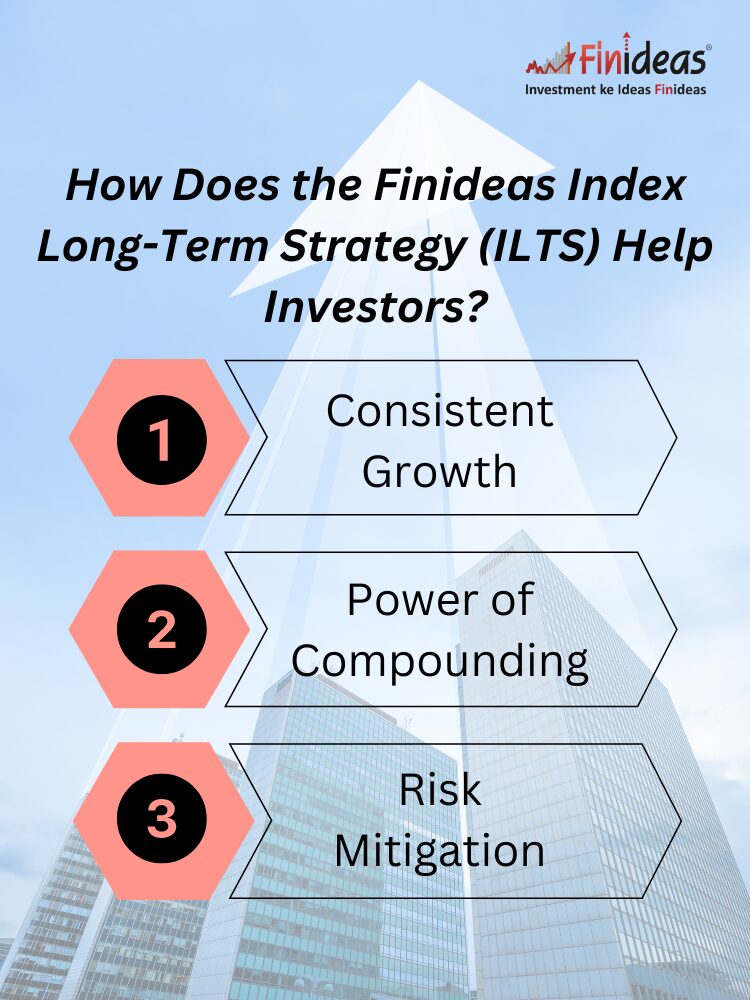HMPV Virus in India: Should Investors Be Concerned About Market Volatility?
Introduction:
The emergence of the Human Metapneumovirus (HMPV) in India has raised public health concerns and created ripples of uncertainty in various sectors, including the financial markets. But should investors really worry about market volatility due to this virus? In this blog, we’ll address this concern, analyze its potential impact on markets, and discuss strategies to secure your investments.
What Is the HMPV Virus, and Why Is It a Concern?
HMPV is a respiratory virus that primarily affects the young and elderly. While its medical implications are severe, the outbreak of diseases like HMPV can also disrupt the economy by affecting industries such as travel, retail, and healthcare. Historically, pandemics like COVID-19 led to significant volatility in markets. Could HMPV cause a similar impact?
How Could the HMPV Virus Affect Indian Markets?
- Market Sentiment:
Health crises often lead to panic selling in equity markets, as investors fear economic slowdown. This sentiment-driven volatility can temporarily lower the NIFTY 50 or Sensex. - Sectoral Impact:
Industries like airlines, tourism, and retail could face the brunt of this virus due to lower consumer spending, while pharmaceuticals and healthcare may experience growth.- Example: During COVID-19, the NIFTY Pharma index surged by 30% within months, while the travel sector saw losses exceeding ₹10,000 crore.
- Short-Term Volatility:
While markets react to health crises in the short term, historical data shows that indices recover as the situation stabilizes. For instance, after the 2020 lockdown, the NIFTY 50 rebounded by 80% within a year.
What Can Indian Investors Do During Such Uncertainty?
- Stay Calm and Avoid Panic Selling
Volatility is temporary, but selling investments during a dip can lock in losses. Patience is key.
- Diversify Your Portfolio
Invest across asset classes to minimize risk. For example:
- 40% in index funds like NIFTY 50.
- 30% in fixed-income instruments (FDs, bonds).
- 30% in sectors resilient to the crisis (pharma, IT).
- Focus on Long-Term Strategies
Short-term volatility doesn’t affect the long-term performance of reliable strategies.
How Does the Finideas Index Long-Term Strategy (ILTS) Help Investors?
The Finideas Index Long-Term Strategy (ILTS) is one of the most effective ways to build wealth while minimizing the impact of market volatility:
- Consistent Growth: Index funds like the NIFTY 50 have historically delivered average annualized returns of 12-15% over the long term.
- Power of Compounding: Investing ₹1 lakh annually in ILTS for 20 years can grow your wealth to over ₹1 crore, assuming a 12% CAGR.
- Risk Mitigation: ILTS relies on broad market exposure, reducing dependence on individual stocks or sectors.
During uncertain times, like the HMPV outbreak, sticking to long-term plans such as ILTS can ensure you stay on track toward financial goals.
What Are the Key Takeaways for Investors?
Here’s a quick summary for your reference:
- Market Volatility: Diseases like HMPV can cause short-term dips in markets.
- Resilient Strategies: Long-term strategies like Finideas ILTS can withstand volatility.
- Sectoral Diversification: Focus on sectors like pharma during health crises.
Numerical Example: Why Long-Term Thinking Matters
Let’s say you invested ₹1 lakh in the NIFTY 50 during a volatile year. Despite a 10% dip initially, if the index recovered to deliver its average 12% annual return, your investment would grow as follows:
- After 1 year: ₹1.12 lakh.
- After 10 years: ₹3.10 lakh.
- After 20 years: ₹9.65 lakh.
The key is staying invested through the dips!
Conclusion: Should Investors Be Concerned?
While the HMPV virus poses health and economic challenges, the Indian markets have shown resilience in the past. Investors should focus on long-term strategies like the Finideas Index Long-Term Strategy (ILTS), avoid panic, and remain disciplined.
Happy Investing!
This article is for education purpose only. Kindly consult with your financial advisor before doing any kind of investment.


